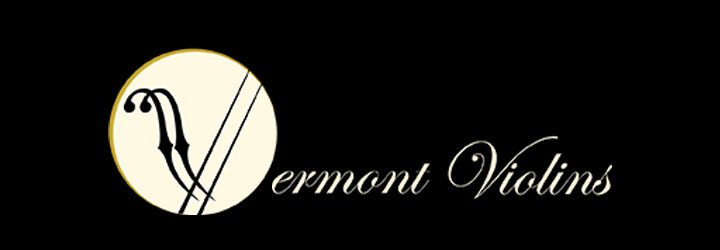Hrimaly Scale Studies
Hrimaly Scale Studies
Beginning with long tones and ending with running sixteenth notes, Hřímalý’s Scale Studies for Violin runs the gamut of technical requirements. One of the strengths of this particular book is its focus on building left hand dexterity through use of scales. Other exercises explore bowing styles and mixed rhythms. Great for students, but also ideal for professionals looking for quick finger drills to keep their hands limber. Published by G. Schirmer
Jan Hřímalý (Russian: Иван Войцехович Гржимали, also Ivan Voitsekhovich Grzhimali; 13 April 1844 – 24 January [O.S. 11 January] 1915) was an influential Czech violinist and teacher, who was associated with the Moscow Conservatory for 46 years 1869–1915.
He was born in Pilsen, Austro-Hungary, the second son of the organist and composer Vojtěch Hřímalý (1809–1880), and a member of a notable Czech musical family. He was taught by his older brother Vojtěch Hřímalý jr., and by Moritz Mildner. Hřímalý studied violin at the Prague Conservatory (1855–1861), and went on to become leader of the Amsterdam Orchestra (1862–1868). In 1869 he was appointed violin teacher at the Moscow Conservatory. He succeeded Ferdinand Laub as professor of violin studies 1874–1915. He was leader of the Russian Musical Society Orchestra in Moscow from 1874 until 1906.
He was acquainted with Pyotr Ilyich Tchaikovsky, who held him in high regard. He co-premiered Tchaikovsky’s String Quartets Nos. 2 (1874) and 3 (1876). In March 1882, he appeared in the first performance (private) of Tchaikovsky’s Piano Trio in A minor and may have also appeared in the public premiere in October, although this is not certain.
He made a very early recording on wax cylinders of the Piano Trio No. 1 in D minor by Anton Arensky, with the composer at the piano and the cellist Anatoliy Brandukov. This recording was made shortly after its composition and is almost certainly its first recording, although it is not complete.
He was considered an outstanding teacher. His students included Iosif Kotek, Reinhold Glière, who dedicated his Octet for Strings, Op. 5, to his teacher; Paul Juon; Vladimir Bakaleinikov; Arcady Dubensky; Stanisław Barcewicz, Pyotr Stolyarsky (the teacher of David Oistrakh, Nathan Milstein, and many others); Nikolai Roslavets; Konstantin Saradzhev; Alexander Petschnikoff, Mikhail Press, Alexander Schmuller; and possibly Mitrofan Vasiliev, the first violin teacher of Jean Sibelius. See: List of music students by teacher: G to J#Jan Hřímalý.
He published a number of technical exercises and studies, some of which were valued by Jascha Heifetz, and he died in Moscow in 1915.
All his siblings were musically talented. Together with his brothers, Vojtěch (1842–1908), Jan Bartulomeus Cestmir (1844–1915), and Bohuslav Ferdinand Wenzl (1848–1894), they started the first string quartet in Bohemia. His sisters, Maria Regina (1839–1924) and Anna Jana (1840–1897) were renowned singers in Salzburg, Austria.








